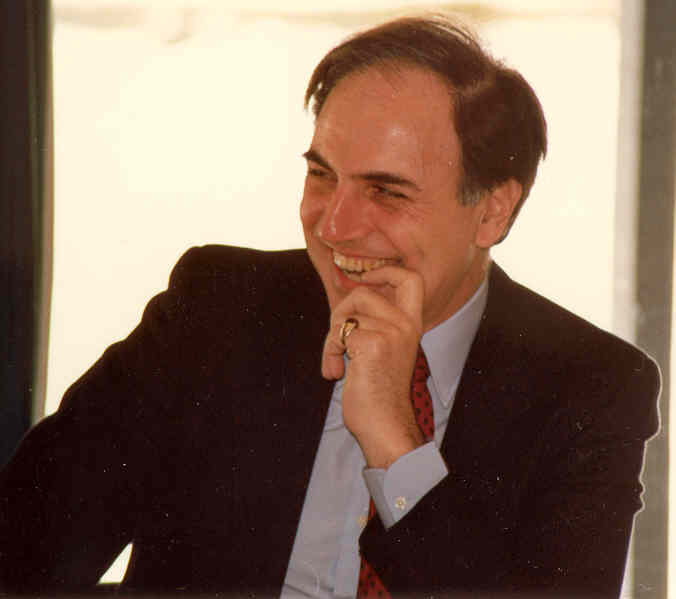The Jewish Humanist Volume 20, No. 2, September 1982
The Jewish New Year is it time for reflection on what we want out of life.
Present hard times make us aware of our need to choose among alternatives, since we cannot have everything we want. Economic restrictions often force us to consider all the other limitations on the satisfaction of our desires. They also enable us to focus on those areas of our lives where we still enjoy freedom and power.
What are the goals which a good humanist strives to achieve?
There are three general values which reflect our basic human needs. The first is security, a desire for safety and freedom from want and danger. The second is pleasure, the positive pursuit of sensual gratification. The third is dignity and self-esteem, the experience of inner mastery and control.
These three values are not always mutually compatible. If security is uppermost in our mind we may forego both pleasure and dignity. If pleasure is primary, we may sacrifice safety and self-esteem. and if dignity is first, we may risk our lives and endure pain.
Human philosophers, on the whole, preferred dignity as their first value. Much of modern existentialism is an explanation of this choice.
What is dignity?
Self-esteem is both an inner and an outer experience. As an inner experience, it is a sense of being in charge of one’s own life. As an outer behavior, it is the refusal to allow other people to treat ‘me’ as a child, A servant, or a defective. Or, to put it more positively, ‘I’ discover that others regard ‘me’ as perfectly capable of making my own choices and allow me to do so.
A person who has dignity is willing to do the following things.
He is willing to assume responsibility for all his actions, Even when he feels victimized or abused. He refuses all excuses.
He avoids complaining about situations that cannot be changed. People who engage in useless complaining or seeking appeasement rather than self-esteem. They want to arouse pity and to avert anger. Since we learn appeasement as children, it is more familiar to us than dignity.
He is willing to take risks. Self-esteem is incompatible with total security. Meeting new friends, training for new jobs, investing in new businesses – all of these ventures reinforce dignity. Insisting on guarantees of success is in bad taste, a sign of paralyzing fear. Adventure and mastery go together.
He is generous. Stingy people are obsessed with their weakness and vulnerability. They imagine that every gift diminishes them. Self-esteeming people feel stronger because they’re able to share. They feel more powerful because they’re able to give, without asking for something in return.
He enjoys privacy. He sees himself as a distinct individual with his own space. While he needs other people, he does not need them all the time. He is willing to confront uninvited intruders.
He is concerned about the consequences of his actions. He does not dump his ‘garbage’ and expect other people to pick it up.
He makes a distinction between pleasure and happiness. He knows that, even when there is long-run pain, A striving for independence is more satisfying than momentary gratification.
He chooses to be hopeful. Pessimism is the privilege of servants. Leaders – especially masters of their own lives – need to mobilize their energies. They recognize that optimism is a style, not a view of the future.
It’s not run away from reality. If death is real, he will except it and defy it. The quality of life will always be more important than its quantity.
In hard times, it may be difficult to guarantee security or to find pleasure. But it is always possible to strive for dignity and self-esteem.

